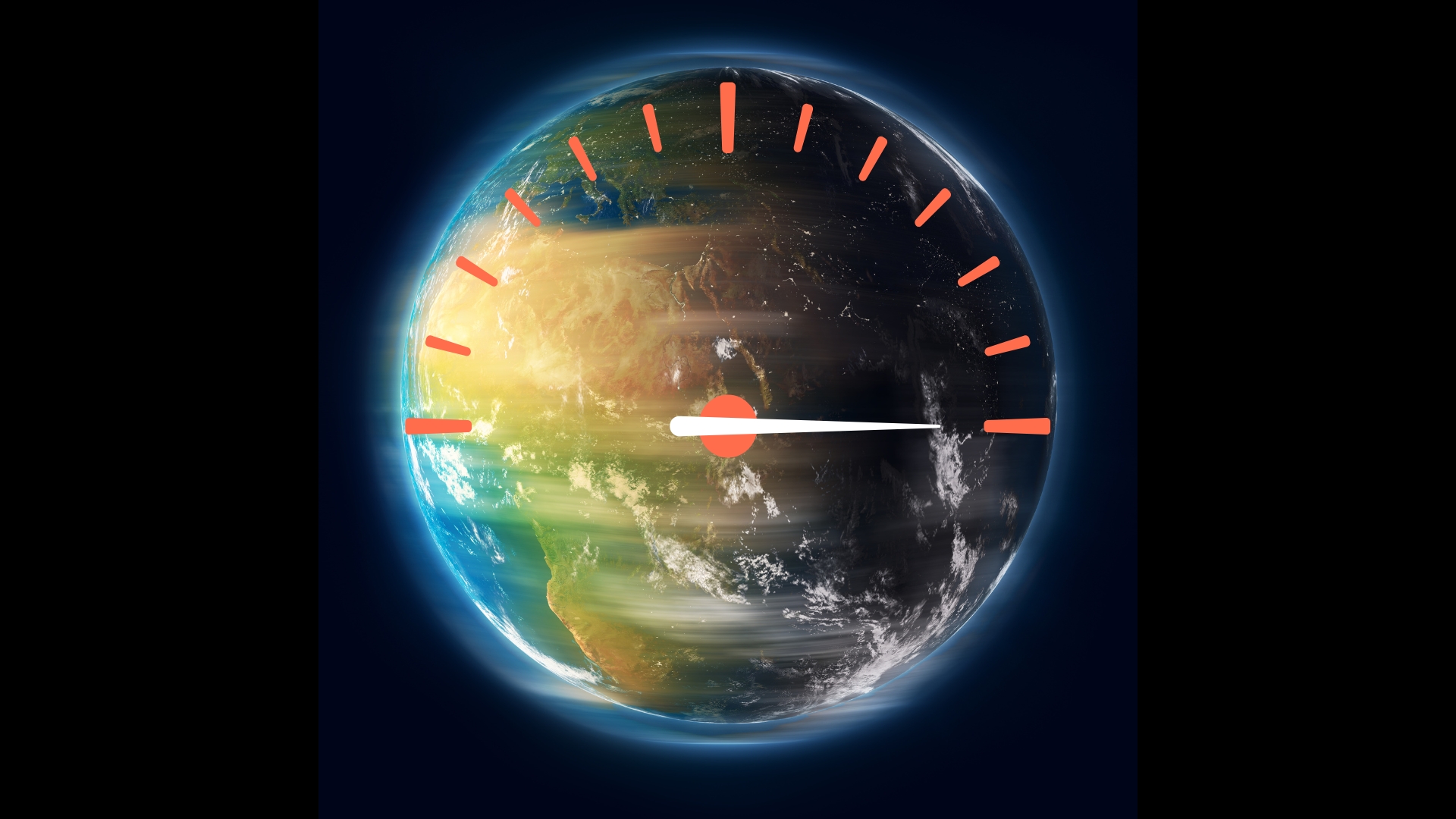Earth's Fastest Day

Did You Feel It? Earth Just Had One of Its Shortest Days Ever
If you felt like your day flew by faster than usual, you're not alone. According to recent reports, Earth just had one of its shortest days in decades, with a total of 28 milliseconds being shaved off. This may not seem like a significant amount of time, but it is enough to be detected by atomic clocks. This increase in Earth's speed of rotation is due to the planet's core shifting, causing a change in its distribution of mass. This phenomenon has been observed in the past, but the recent speed increase is a cause for concern.
Atomic Clocks Catching the Difference
Atomic clocks are the most precise time-keeping devices in the world, measuring time based on the regular, predictable behavior of atoms. These clocks have been able to detect the slight changes in Earth's rotation, leading to the revelation
About the Organizations Mentioned
Atomic Clocks
The term "Atomic Clocks" does not refer to a specific organization but rather to a type of highly accurate timekeeping device. However, I can provide a comprehensive summary about atomic clocks, including their history, key achievements, and notable aspects, which can be engaging for readers interested in business and technology news. ## History and Development Atomic clocks were first conceptualized in the 1940s, with the first practical atomic clock developed in 1955 by Louis Essen and J.R. Parry at the National Physical Laboratory in the UK. This was based on cesium atoms, which became the standard for precision timekeeping. The first commercial atomic clock, the "Atomichron," was introduced in 1956 by the National Company (NATCO) in collaboration with J.R. Zacharias at MIT[7][8]. ## Key Achievements - **Precision Timekeeping**: Atomic clocks are the most accurate timekeeping devices available, with their precision unaffected by temperature changes. They use the resonant frequency of atoms (e.g., cesium) to measure time, defining the international second as 9,192,631,770 cycles of the cesium resonant frequency[1][2]. - **Global Time Standard**: The atomic second became the internationally accepted unit of time in 1967, replacing astronomical time standards. This led to the establishment of Coordinated Universal Time (UTC), which is maintained by about 450 atomic clocks worldwide[9]. ## Current Status and Notable Aspects - **Applications**: Atomic clocks are crucial for navigation systems (like GPS), communications, and scientific research. They enable precise positioning and timing, which is essential for modern technologies[3]. - **Advancements**: Recent developments include the Deep Space Atomic Clock by NASA, designed to improve navigation in space by providing ultra-stable timekeeping[6]. - **Manufacturing and Research**: Efforts continue to make atomic clocks more compact, efficient, and affordable, with organizations like The Aerospace




